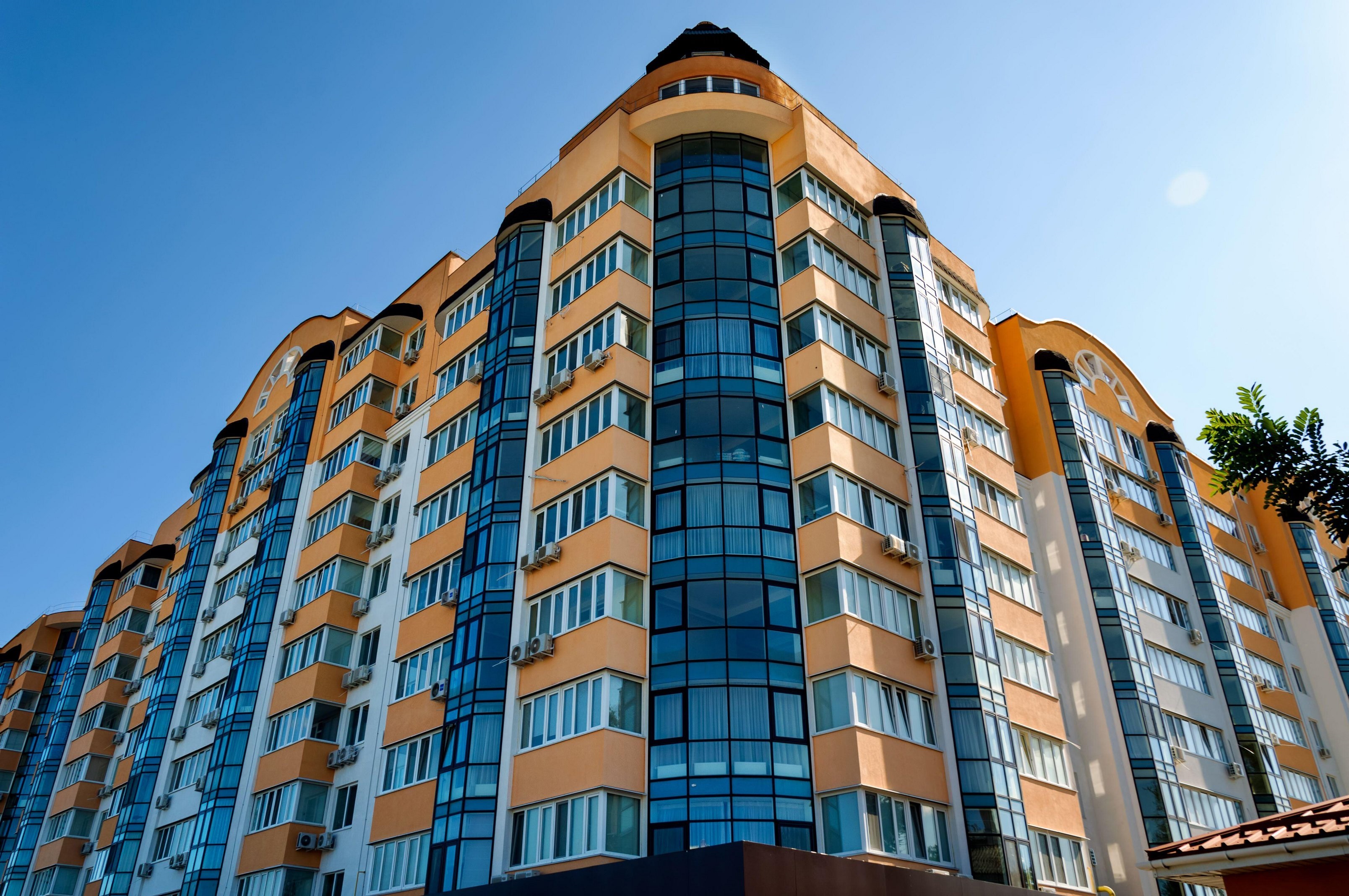Navigating the Complex Terrain of Compliance Standards for Network Security in Multi-Unit Units to Guarantee Occupant Safety and Information Protection
Wiki Article
In today's world, many people live in multi-unit buildings, such as apartment complexes and condo communities. Such places often utilize shared networks for internet and additional amenities. While this setup can be beneficial, it also raises important concerns about network security and regulatory requirements. Ensuring the security of tenants and protecting their data is crucial. This article will explore the intricate environment of compliance standards for system safety in multi-dwelling buildings, emphasizing how these standards assist maintain residents secure and protected.
One of the primary regulatory standards that apply to network safety is the General Data Protection Act (GDPR). This regulation is designed to protect personal information and privacy for persons within the EU Community. While it primarily pertains to businesses operating in Europe, its tenets can influence practices in different areas as also. For multi-unit buildings, adhering to GDPR requires implementing strong information safeguarding measures. This entails ensuring that residents' individual information is gathered, kept, and processed safely. By following these standards, building managers can assist build confidence with residents and ensure their information is safe from illicit access.

Another significant standard is the Healthcare Coverage Portability and Responsibility Law (HIPAA), which protects sensitive patient data in the healthcare industry. In multi-unit units, especially those that offer medical services or have residents with particular medical needs, compliance with HIPAA is crucial. This requires that any medical information collected from residents must be maintained private and secure. Property administrators must make sure that their system systems are designed to prevent data breaches and illicit intrusion. By doing so, they not only comply with regulatory obligations but also foster a safe living environment for all tenants.
Alongside GDPR and HIPAA, the Credit Card Card Sector Data Protection Standard (PCI DSS) is another critical compliance guideline. This guideline is particularly relevant for multi-dwelling buildings that process debit card payments for rent or amenities. PCI DSS specifies protection measures that must be in place to protect cardholder information. This entails securing sensitive information and regularly monitoring system safety. By adhering to PCI DSS guidelines, property managers can reduce the threat of information leaks and safeguard tenants' financial information, which is vital for maintaining their trust and safety.
Finally, it is essential for multi-unit buildings to remain updated on local and national regulations regarding network security. Laws and guidelines can evolve, and remaining aware is essential for adherence. Building administrators should regularly review their security policies and practices to ensure they meet current requirements. This proactive strategy not only assists in upholding adherence but also improves the general safety of the system. By prioritizing resident safety and data protection, multi-dwelling units can create a secure residential space that fosters confidence and peace of mind among residents.
To summarize, traversing the intricate landscape of compliance guidelines for system safety in multi-dwelling units is crucial for guaranteeing tenant security and information safeguarding. By comprehending and applying guidelines like GDPR, HIPAA, and PCI DSS, building administrators can create a find out safe space for their tenants. Remaining updated about regional laws and frequently reviewing security practices further enhances this commitment to safety. Ultimately, a strong focus on compliance not only protects residents but also fosters a feeling of belonging and confidence among multi-unit units.